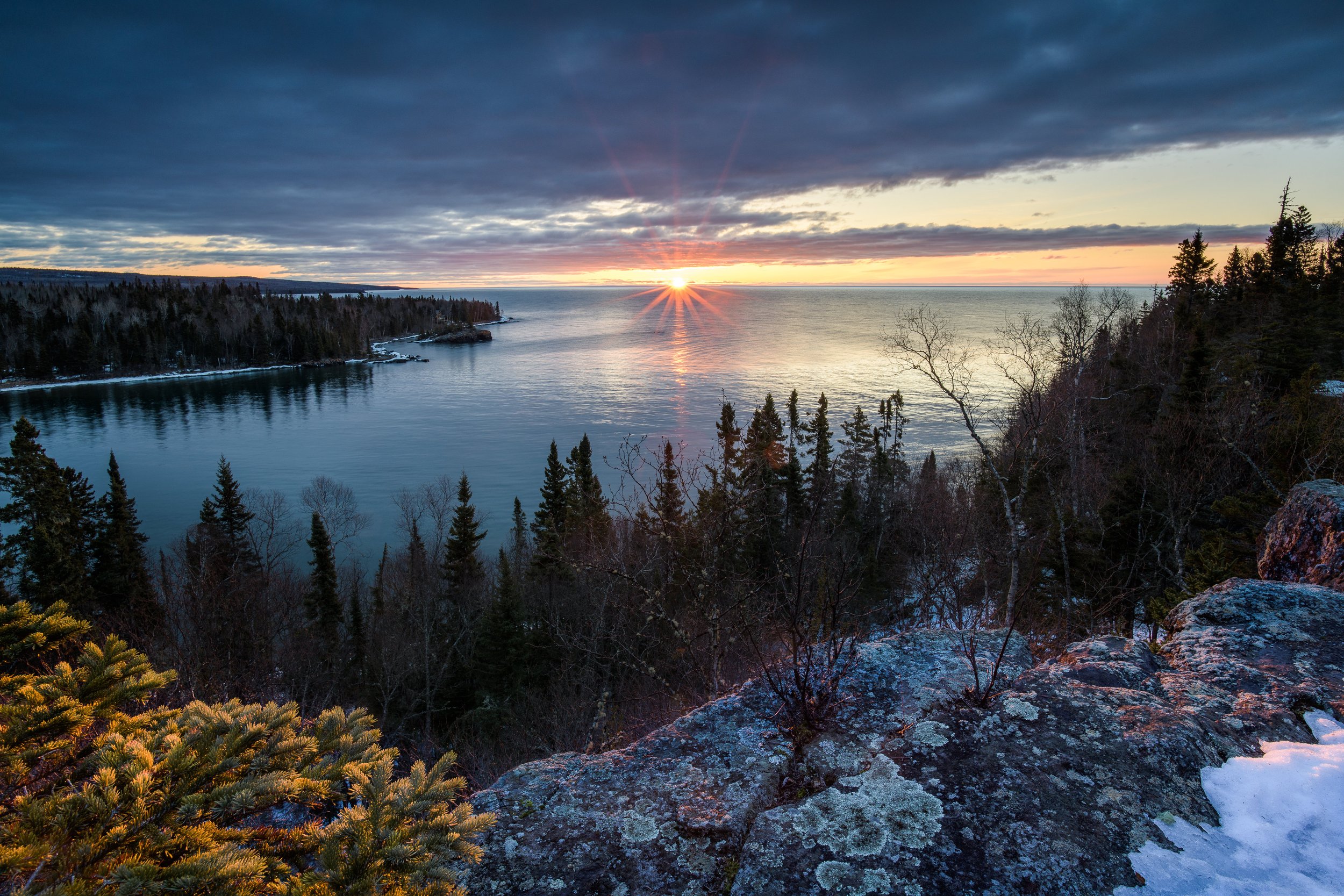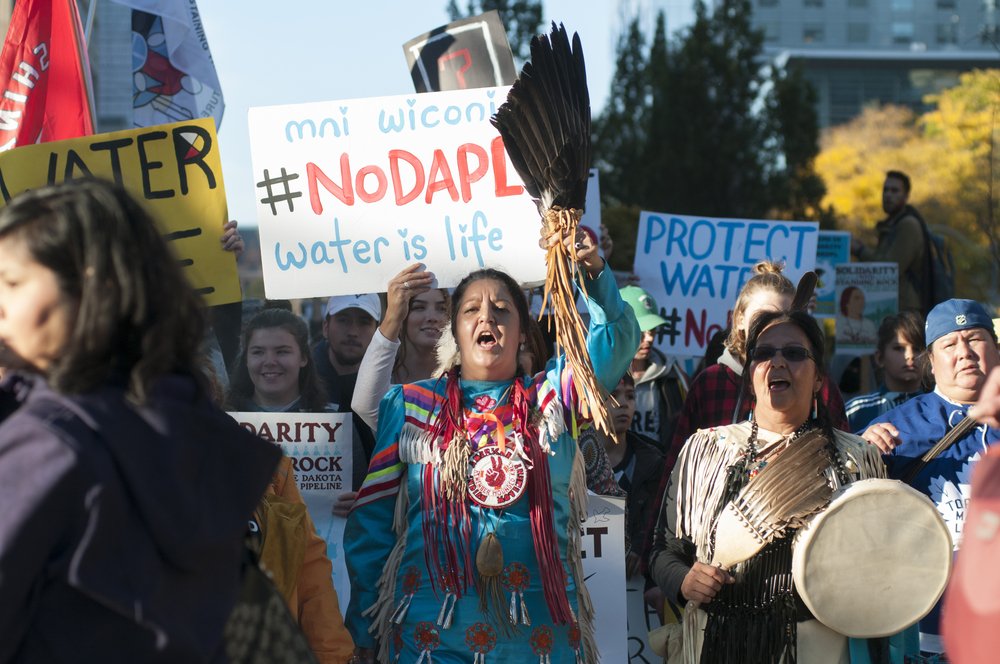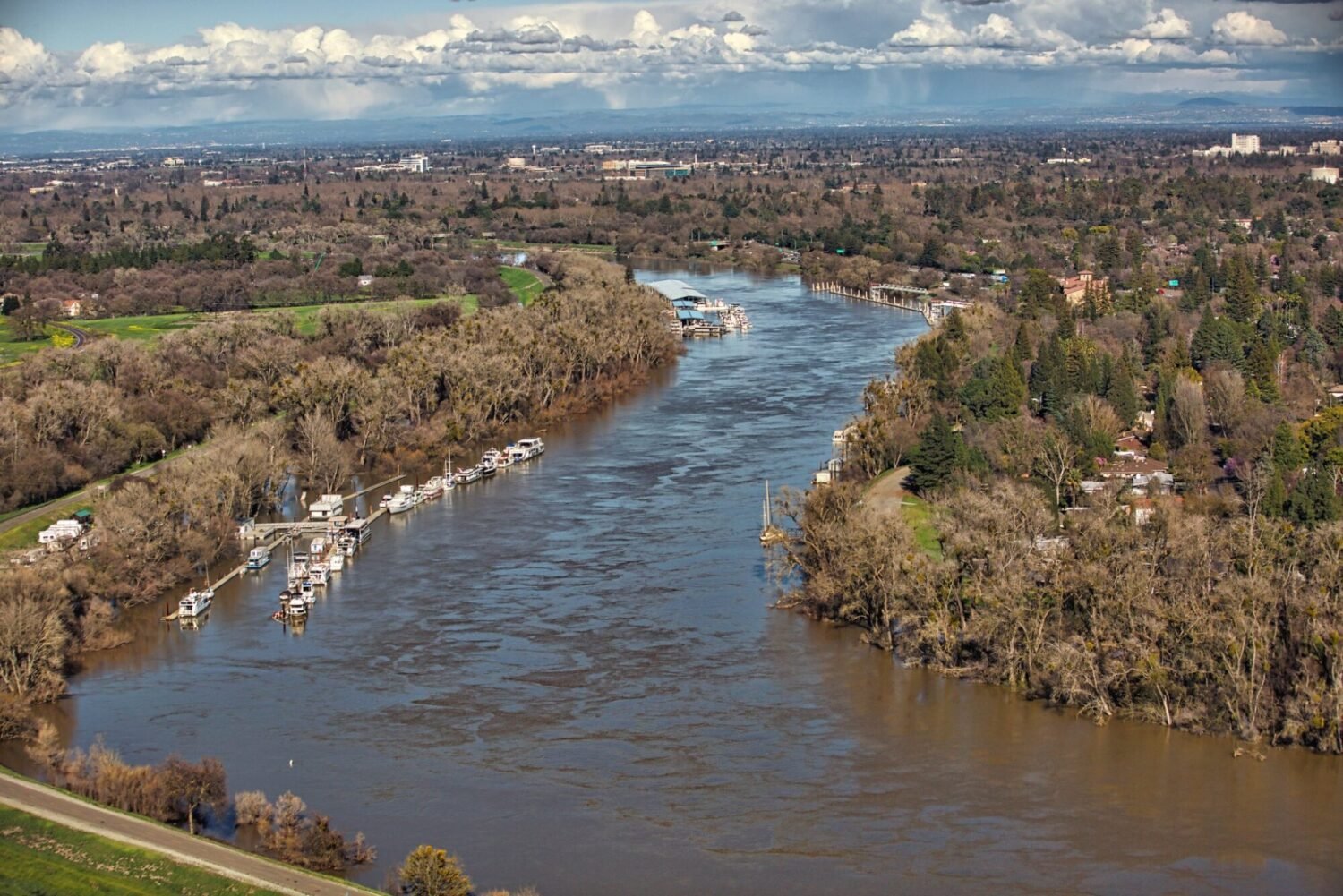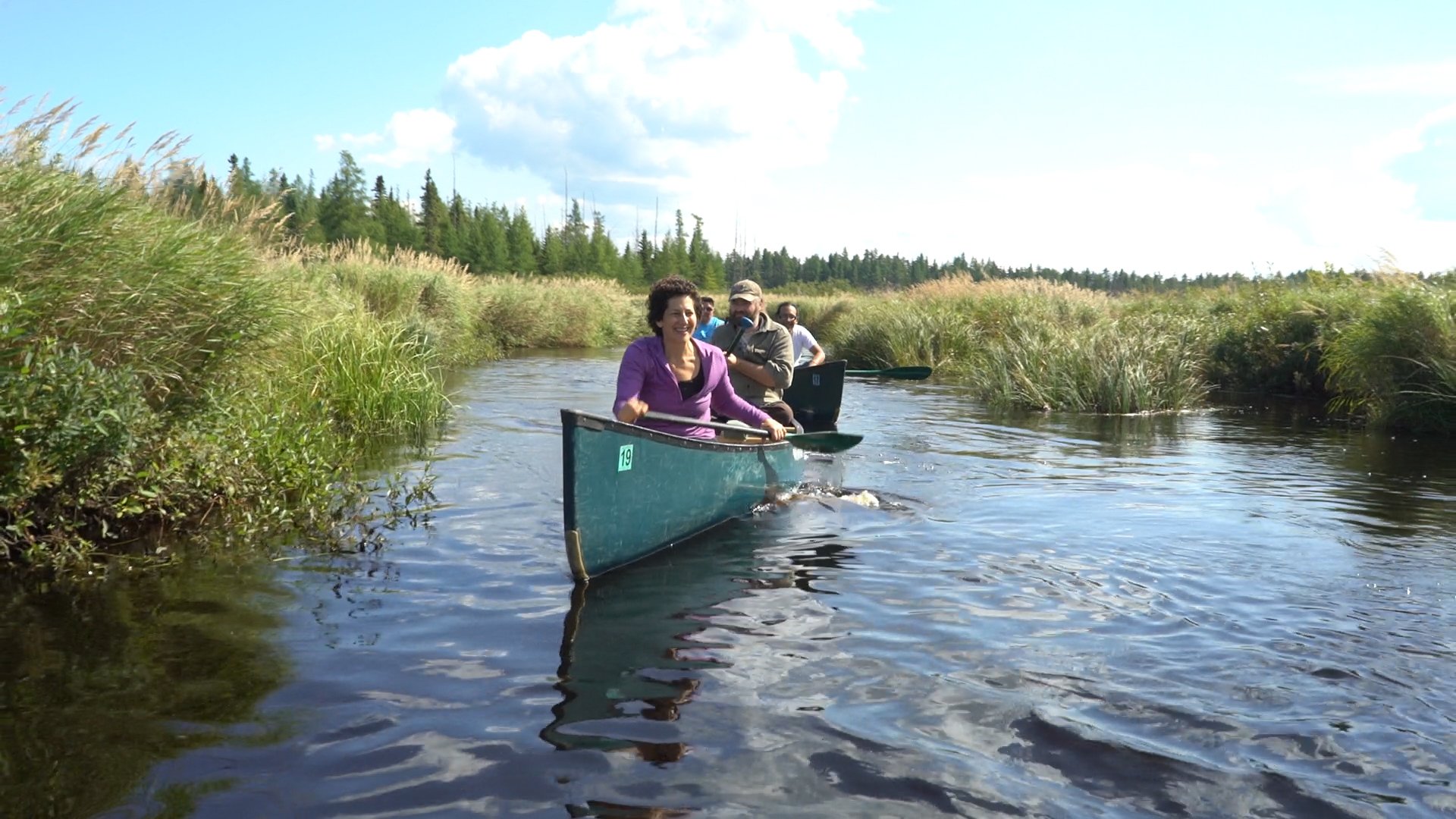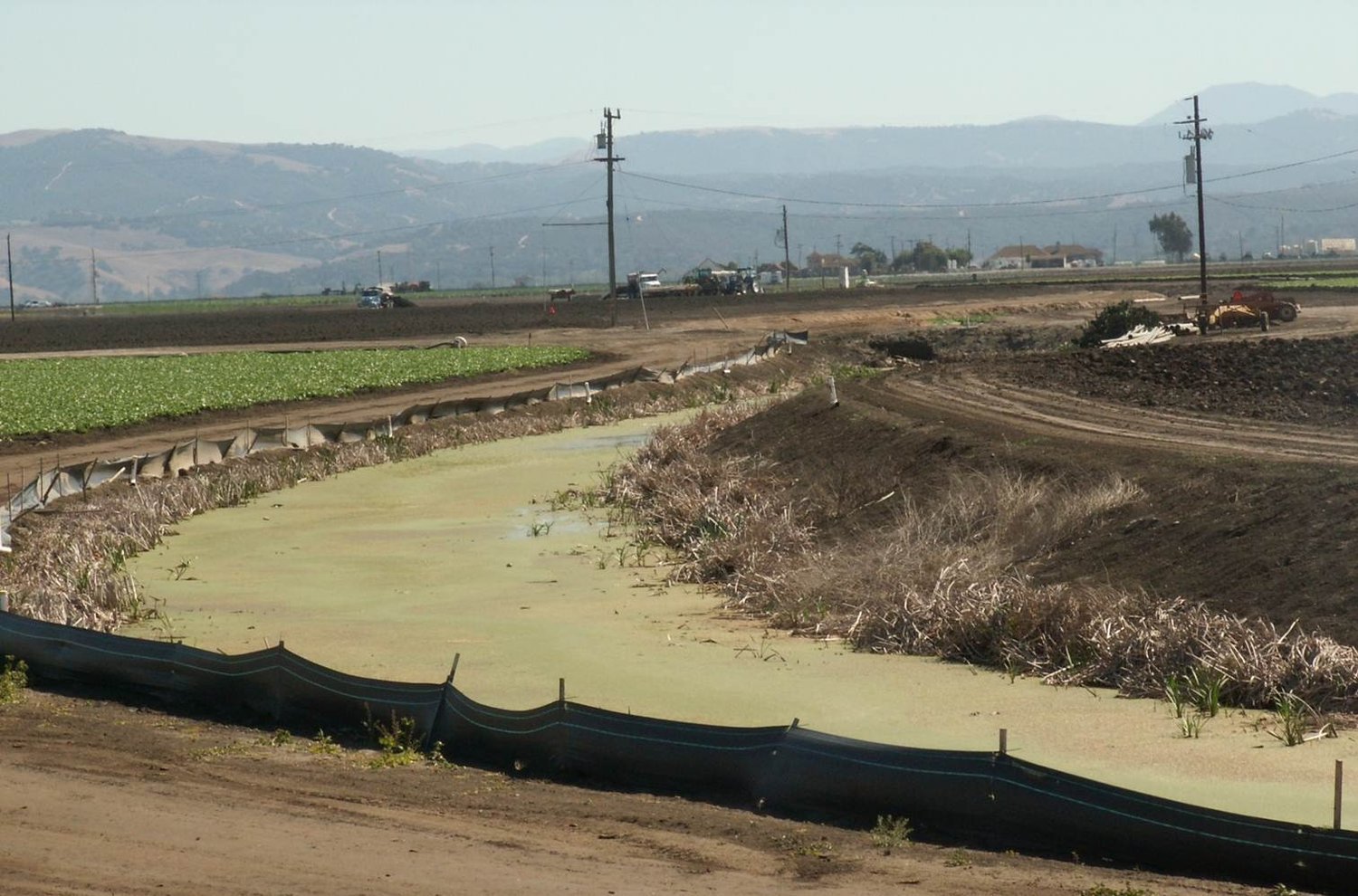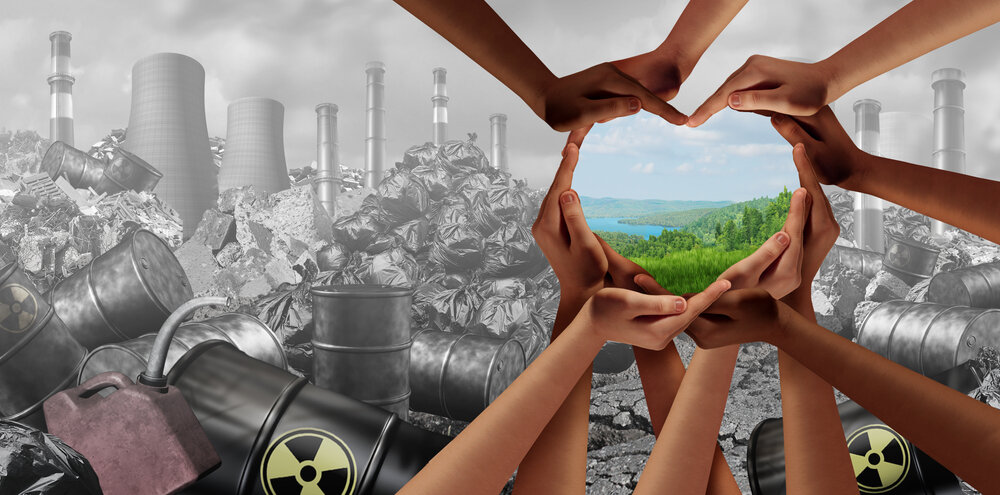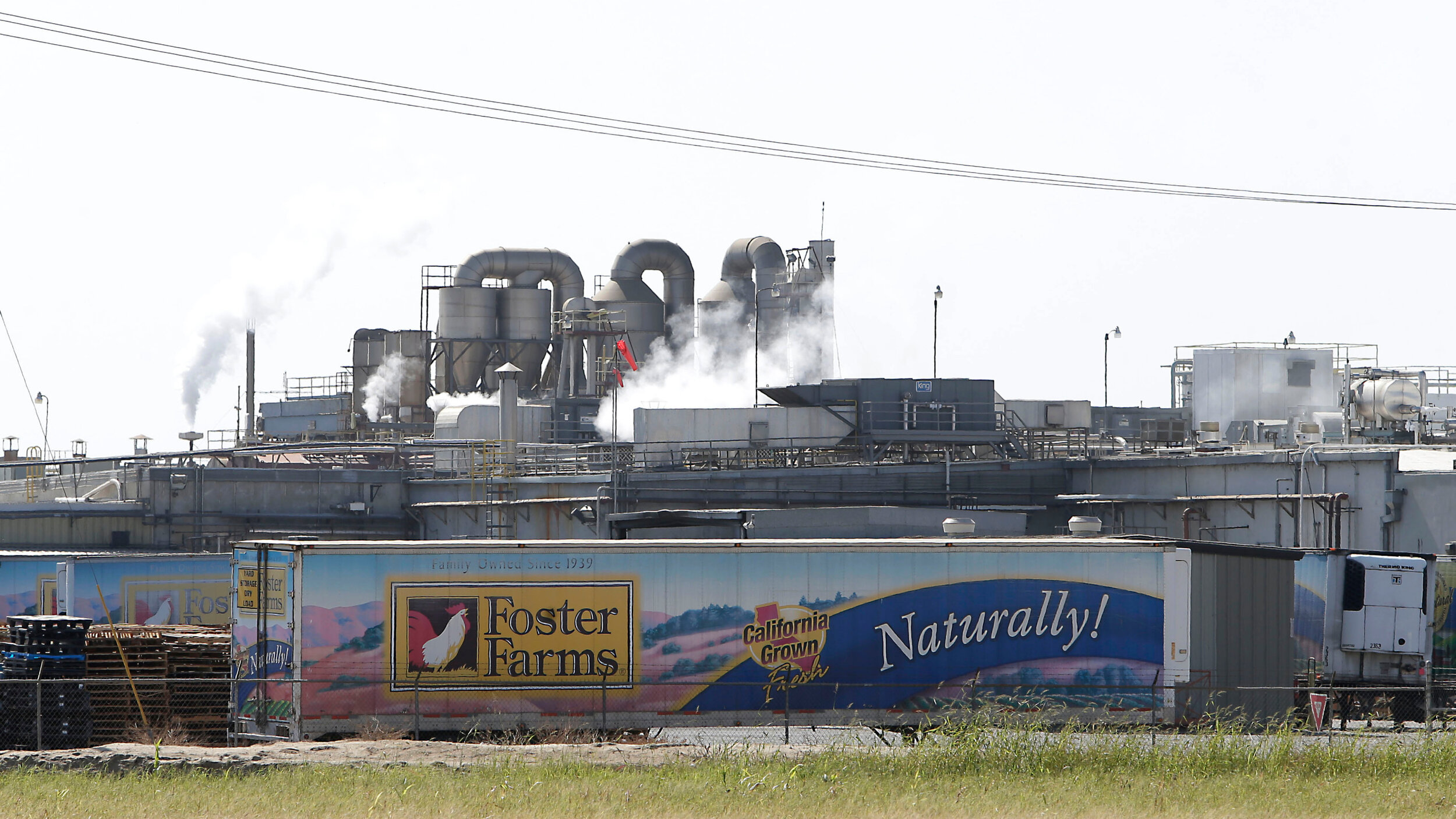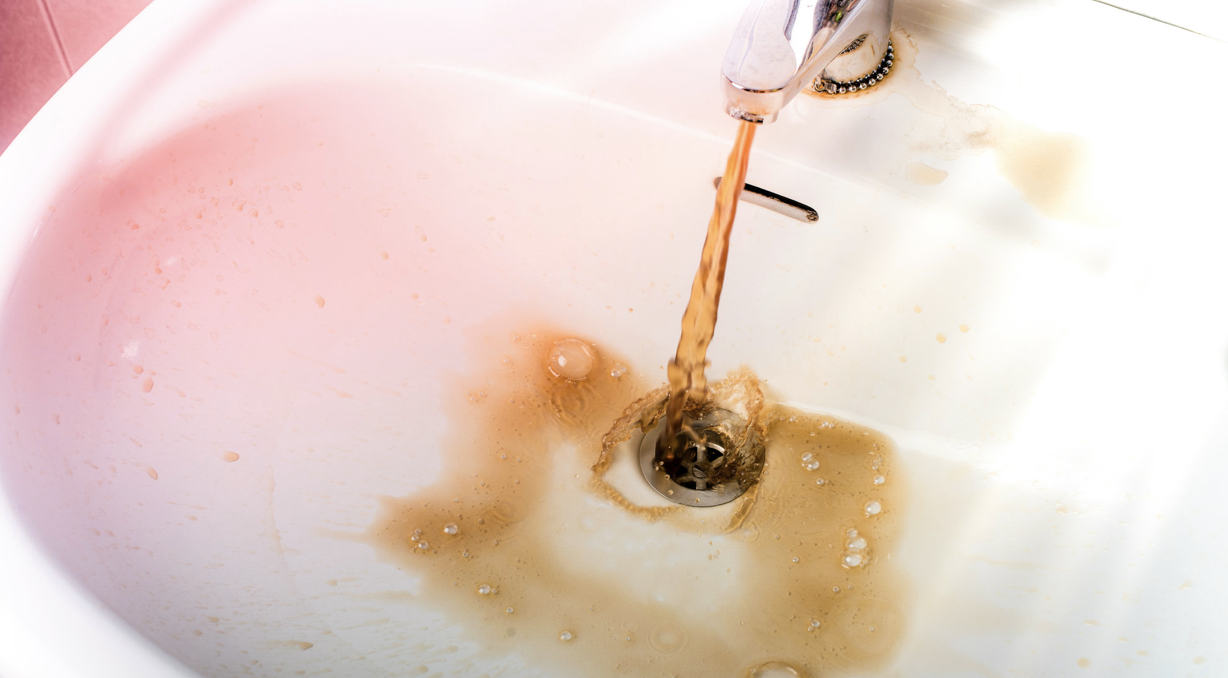Kauai Community Takes On Syngenta To Demand Environmental Justice
Dawn Webster, Hawaii issues advocate; communications advisor to the plaintiffs
It’s called the Garden Isle. But on the west side of this lush island, the trade winds help powerful restricted use pesticides (RUPs) leave their signature on small clusters of homes and schools and the apparently pristine beaches frequented by surfers and local families. These pesticides are applied liberally on large industrial farms by companies like Syngenta, which has leases on 3,000 acres dedicated to what they describe as “crop innovation.”
I spent a day on the west side of Kauai recently, visiting places that have been subjected to waves of systemic abuse. Places that have gone from the age of sugar plantations to military occupation and to current use as a landfill. I listened to people who are troubled that some state agencies are not enforcing existing regulations governing the use of public lands.
Locals demand a proper Environmental Impact Assessment of Big Ag's questionable activities
That is what lies behind the lawsuit just filed by a Kauai-based hui, Ke Kauhulu o Mana. Its members are deeply troubled by the exemptions granted to Syngenta to conduct industrial farming on crown lands, with no environmental assessment (EA) or environmental impact statement (EIS) as required by Hawaii Revised Statutes (HRS) 343.
Follow the law. That’s all they ask.
A recurring question is why, if the pesticides are so safe, are the chemical companies so reluctant to disclose what exactly they are spraying? Detailed scientific information is redacted from the reports the chemical companies submit to the state Department of Health. And it is unclear if anyone at the department even reads or acts on those reports. The people of Kauai, or at least the ones willing to speak up, just want state agencies to do their job.
Follow the law. That’s all they ask.
Dr. Martin Luther King Jr. was right to warn, “Our lives begin to end the day we become silent about things that matter.”
There is a reason many don’t speak up. It is hard to escape the sense of the hold the chemical companies exert on the west side of the island. Jobs — and the employer expectations of silent loyalty; the sponsorships; the positions on boards; the donations to community events; freebies and field trips: The communications effort is comprehensive and reaches deep into homes and schools and hospitals. The result is a reluctance to challenge companies like Syngenta and a readiness to accept their assurances.
Coming to a beach near you! Swiss-owned Syngenta is spraying the Garden Isle with chemicals banned in its own backyard
One leaves the Garden Island wondering why the people of this breathtakingly beautiful island need to play Russian roulette and hope they don’t become a statistic in a cancer cluster when people in the countries where these companies are headquartered live by the precautionary principle. Switzerland, home of Syngenta, has banned the use of the very chemicals that continue to drench the soil of the Garden island.
President Ronald Reagan said, “I know in my heart that man is good, that what is right will always eventually triumph and that there is purpose and worth to each and every life.” He spoke of “a better dawn” for America. Pope Francis, beloved by Catholics and non-Catholics alike, urges all of us to care for creation.
Whatever our politics or our faith, we are called to build community by looking out for each other, and for the gifts of creation. In the face of the dismantling of environmental protections by the Trump administration, due diligence by state agencies matters more than ever.
The people of Kauai would like to believe in “a better dawn” for their island that is hurting. Asking the state Department of Land and Natural Resources to follow the Hawaii Revised Statutes (HRS) 343 with fidelity is asking for what conscientious stewards of the land should want to provide.
Follow the law. Is that too much to ask?
###
Note: This article was originally published under a different headline in the Honolulu Star Advertiser.





